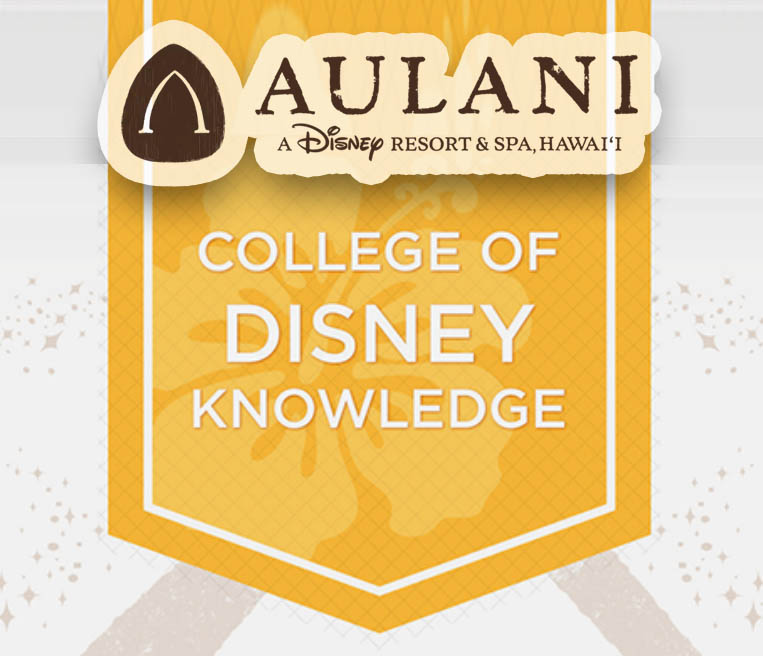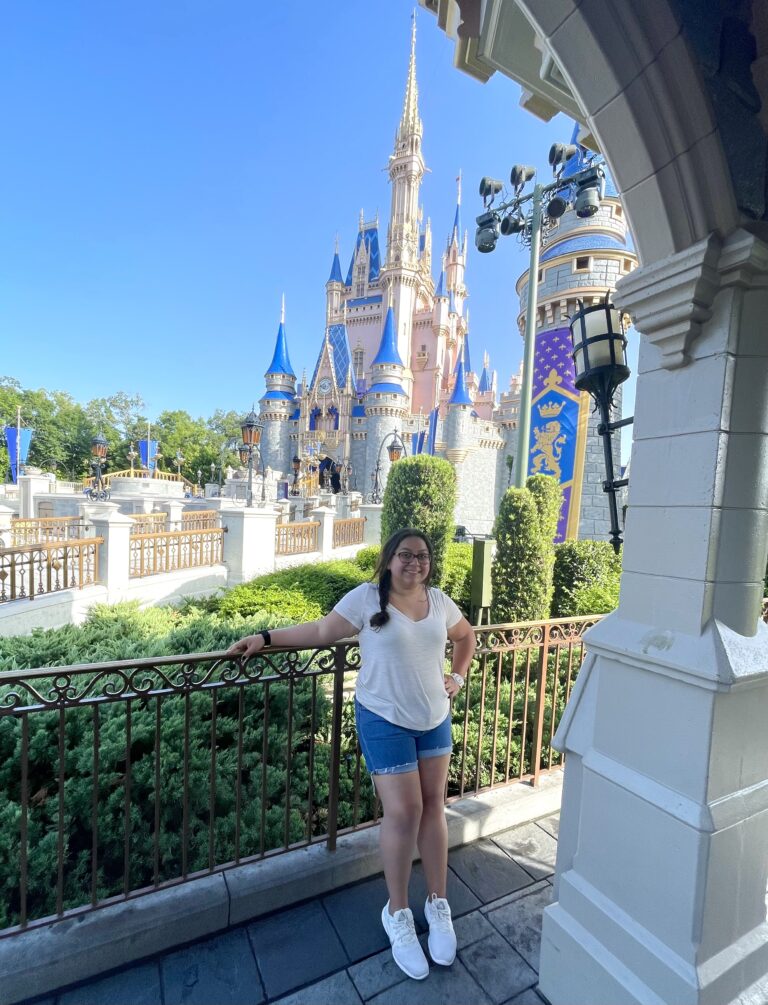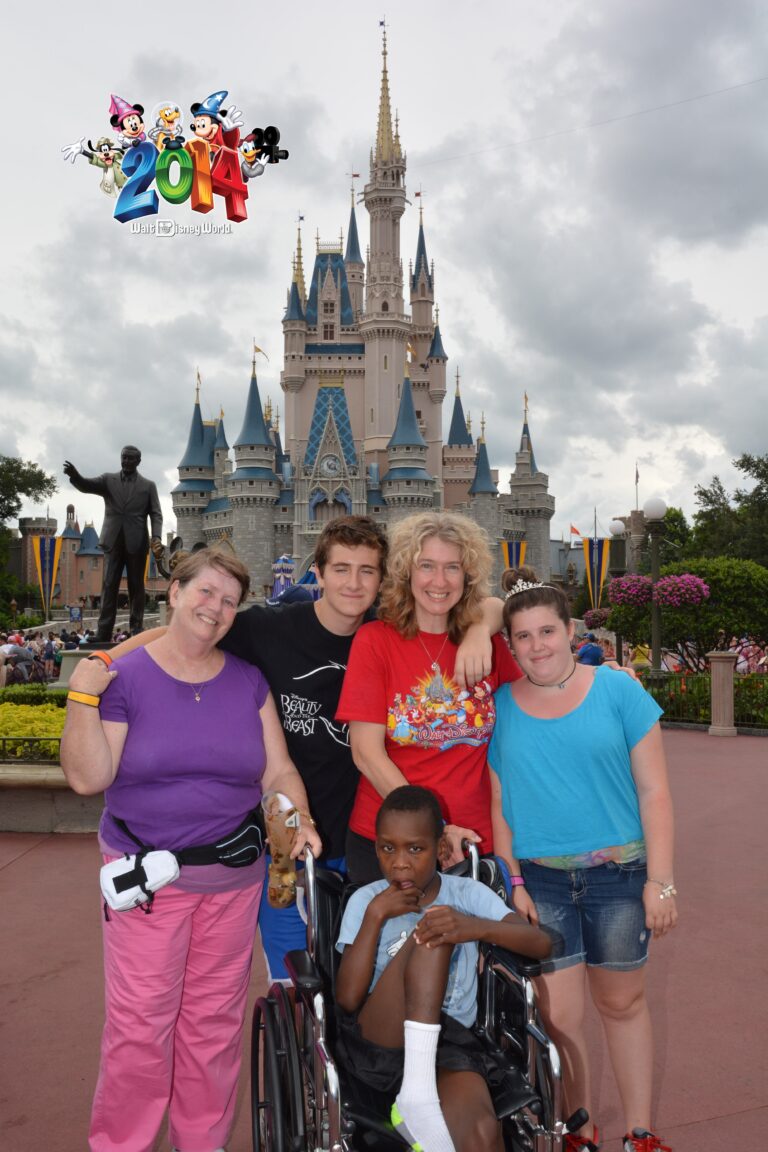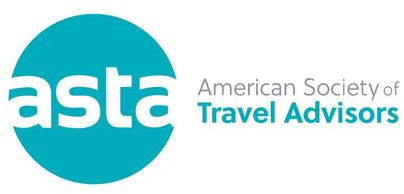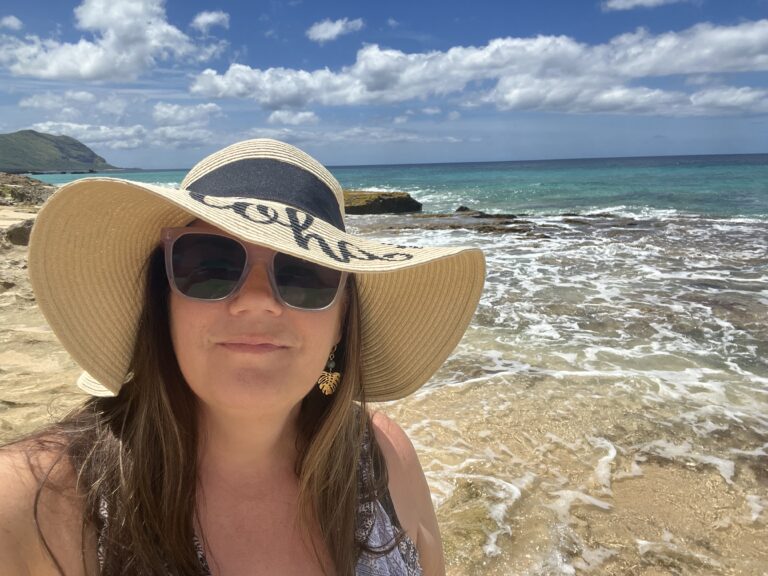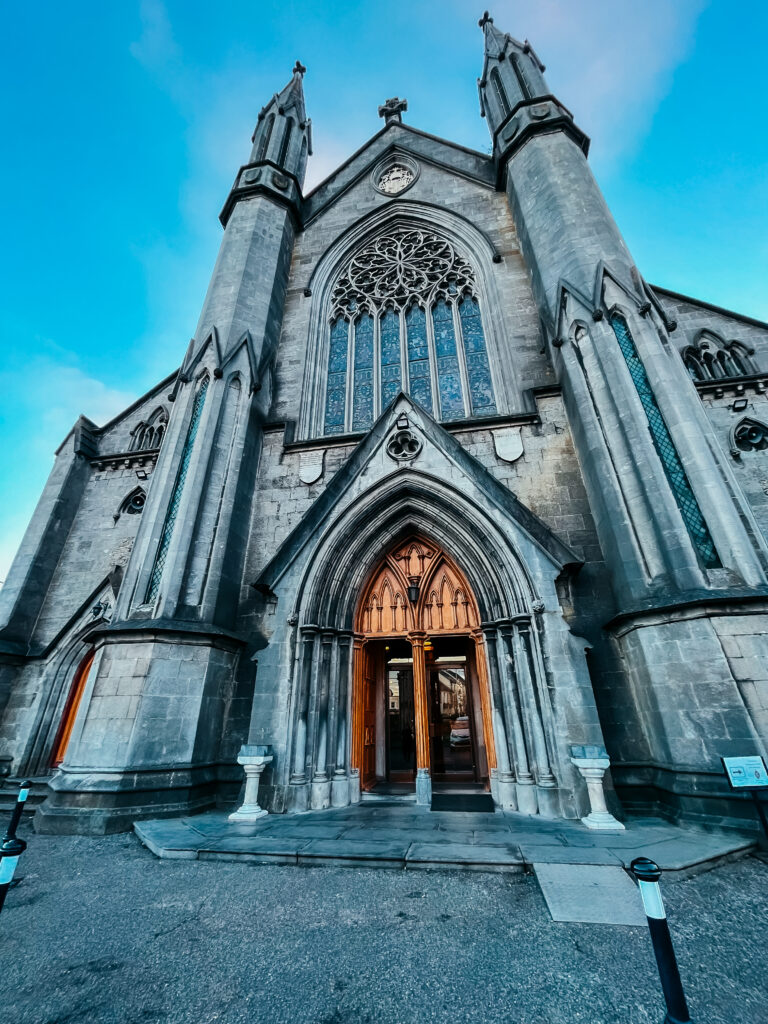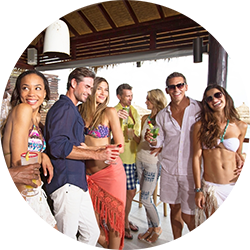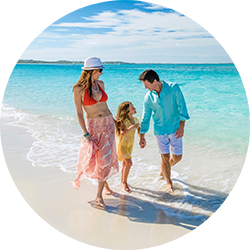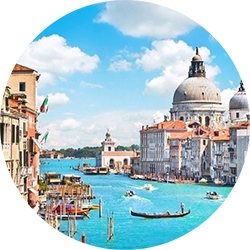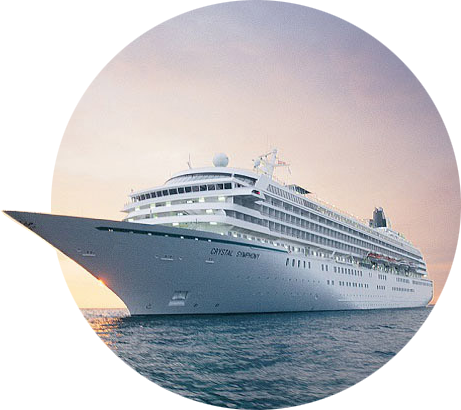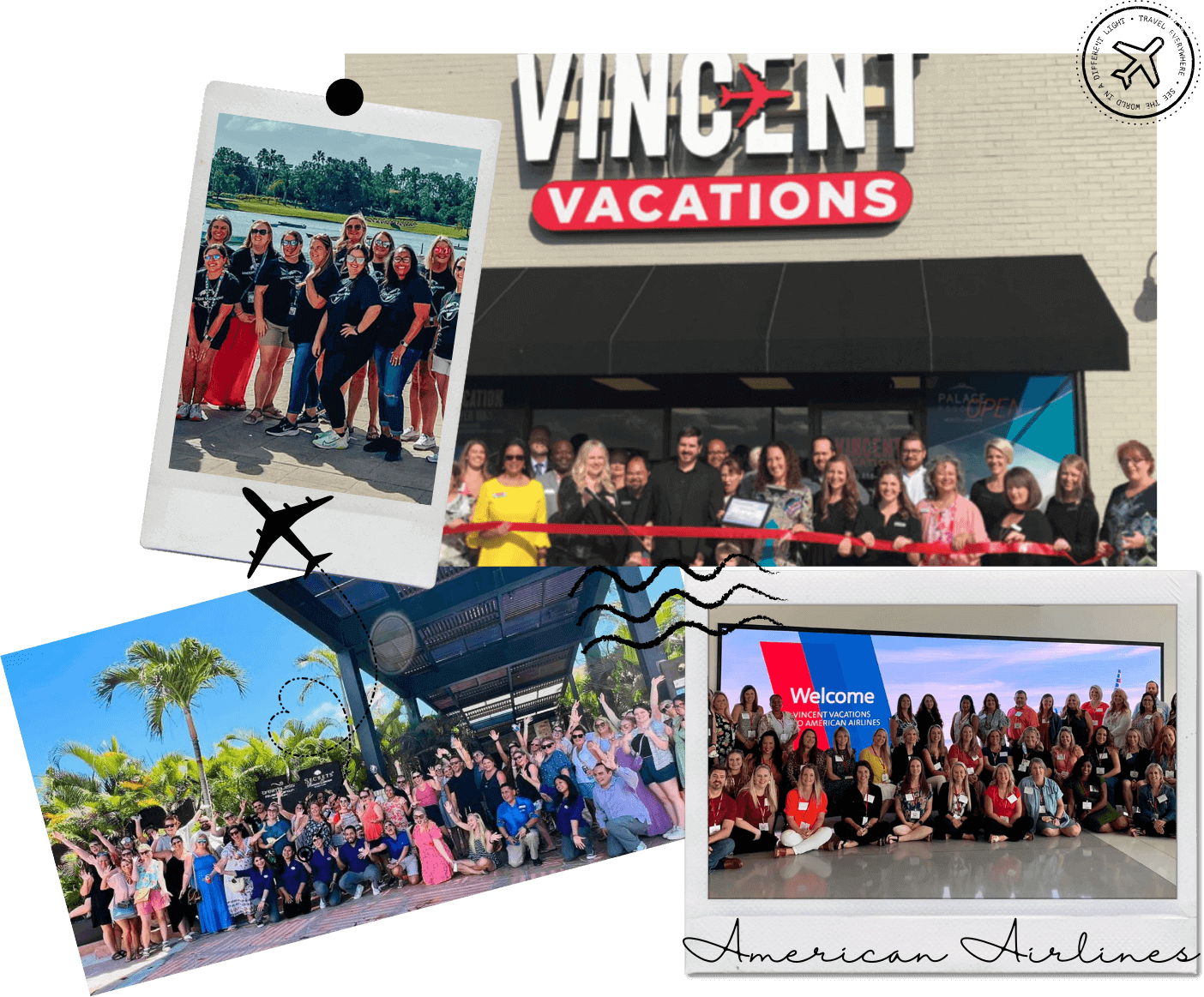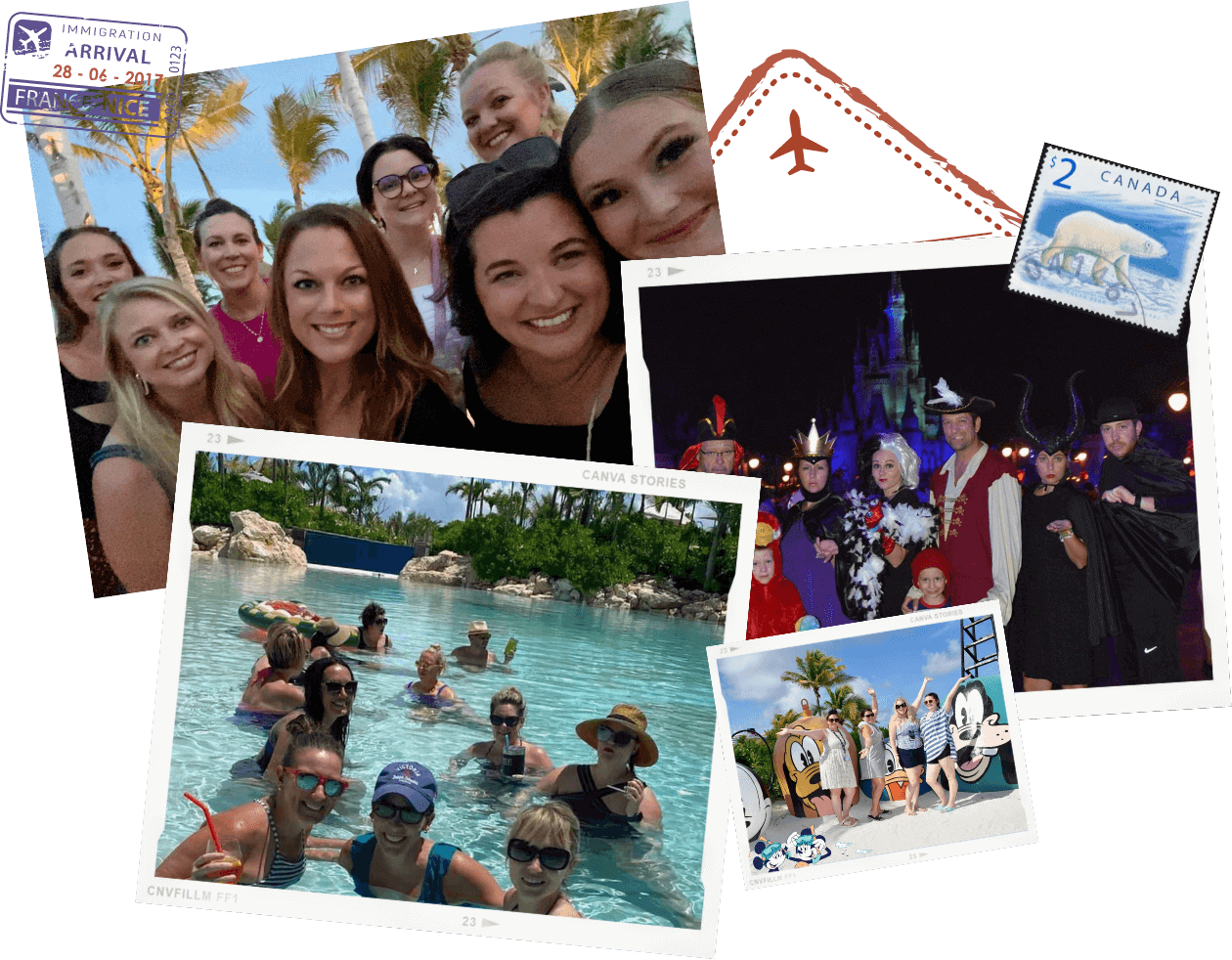Overview
Introduction

The town of Bar Harbor, Maine, thrives in the shadow of Acadia National Park. The name of the street that leads into town is Eden, which pretty much says it all. Cadillac Mountain looks over 44,000 acres/17,806 hectares of pine forests stretching all the way to Bar Harbor. To the south, waves crash against steep, rocky cliffs. Dozens of smaller, wooded isles dot the deep blue water.
Bar Harbor sits on Mount Desert Island (pronounced duh-ZERT, as in what follows dinner). Almost half of Maine's largest isle is part of Acadia National Park, thanks to industrialist John D. Rockefeller Jr. and other wealthy summer residents who bought and donated land to protect it from development.
The national park, the country's first one east of the Mississippi River, is the island's main attraction, but few visitors leave without sampling the hustle and bustle of nearby Bar Harbor. The town's sprawling mansions, delightful cottages, eclectic shops, international cuisine (not to mention the justly famous lobster) and nearby lighthouses add to its appeal.
Must See or Do
Sights—Sunrise from the top of Cadillac Mountain; the view of Frenchman Bay from Schooner Head Trail and Overlook; standing on the deck of a boat in the Atlantic; touring Acadia National Park in a horse-drawn carriage.
Museums—Native American arts and crafts at the Abbe Museum in downtown Bar Harbor; an intimate look at lobster procreation and the lobster fishing industry at the Mount Desert Oceanarium.
Memorable Meals—Just-caught lobster at Thurston's Lobster Pound; popovers at the Jordan Pond House; wild-Maine-blueberry pancakes at Jordan's Restaurant; eggs Benedict topped with lobster and basil at Cafe This Way.
Late Night—Comedy at ImprovAcadia; dancing at Carmen Verandah.
Walks—A stroll along the Shore Path, with views of Frenchman Bay and magnificent old summer cottages; a hike up Great Head Trail in Acadia National Park.
Especially for Kids—Skip brisk waves at Sand Beach; experience an impromptu touch tank on Diver Ed's Dive-In Theater Boat Cruise; see humpbacks and finbacks on a whale-watching expedition; become a junior ranger at Acadia National Park.
Geography
Bar Harbor is a small coastal town on Mount Desert Island, the largest of more than 3,000 islands off the Maine coast and the largest rock-based island on the Atlantic seaboard. The town is surrounded on three sides by Acadia National Park, one of the country's most-visited national parks, and has rocky shores abutting the Atlantic on its fourth side. The town itself is 27,000 acres/10,926 hectares and enjoys about 28 mi/45 km of coastline.
After you cross the bridge from the mainland, there are two routes into Bar Harbor: Route 3 leads to the downtown section and is considered the more direct and traditional route. Route 102 winds through the quaint village of Town Hill, with its farm-to-table restaurants and artists' studios, and from there to the ultra-exclusive summer community of Northeast Harbor.
History
Mount Desert Island's first seasonal visitors were Native Americans who lived on the mainland and ventured to the coast for its mild temperatures and abundant food resources. French explorer Samuel de Champlain was the first European to visit the island when he ran aground there in 1604. He named the island Isle des Monts Deserts for the rocky, barren mountain summits he saw.
For centuries, the Native American Abenaki people had stalked deer, fished, dug clams and paddled birch-bark canoes along the island's shores. It wasn't until 1763 that English fisherfolk and farmers settled the area. In 1796, they incorporated the town they named Eden. The last Native Americans left the island by the end of the 19th century, and the town was rechristened Bar Harbor in 1918.
In the mid-1800s, Bar Harbor attracted poets and artists, who were soon followed by wealthy U.S. tycoons who visited each summer to rusticate, as they called it, in the wild, albeit in many cases in sumptuous surroundings. The area's blossoming tourism development can be credited mainly to Thomas Cole and Frederic Church, notable and influential artists of the Hudson River School. Soon, wealthy art patrons with a desire to explore the area they so often saw captured in paintings began to seek respite in the area's dramatic landscapes.
The first significant hotel catering to the influx of visitors was built in 1855. Although many hotels followed, there was a limit to how rustic these visitors were willing to get. Still desiring the comforts of home, many visitors built their own palatial Newport-like cottages to serve as their summer residences.
This world of privilege was wiped out by the Great Fire of 1947, which leveled most of the mansions and took nearly a month to extinguish. A definitive cause of the fire was never discovered, although evidence points to a rubbish fire at a tow dump; but rumors that the fire was intentionally set by townspeople disgruntled with the community's growing opulence were unfounded.
The devastation forever altered the island's landscape and character. Bar Harbor was rebuilt as a more democratic resort, with hotels and motels largely replacing the summer palaces. Almost all of those same inns are chock-full these days during the Maine summer and into autumn, when the village's permanent population nearly quadruples with present-day rusticators.
Potpourri
The Hope Diamond was once owned by a summer resident of Bar Harbor, Evalyn Walsh McLean. The story goes that local children were invited to play hide-and-seek with it, and that the heiress even wore the precious stone while swimming.
Eastern Maine (north of Augusta, east of Bangor) is known as "Down East" because, in seafaring times, schooners traveling north and east from Boston to Maine had the wind at their backs and sailed downwind because of the prevailing southwest winds.
Lifestyle maven Martha Stewart has a summer cottage called Skylands in Seal Harbor, a tiny community adjacent to Bar Harbor. The estate was originally built for Edsel Ford.
Cadillac Mountain in Acadia National Park is 1,532 ft/474 m high. It is the highest point within 50 mi/80 km of the sea from Maine to Rio de Janeiro. Observers on top of Cadillac Mountain are the first in the U.S. to see the sun rise on a new day.
About 80% of all U.S. lobsters are caught in Maine. In earlier times, lobsters were food for pigs, prisoners and servants—and it was only the pigs that didn't complain. Some servants even demanded in their contracts that they would not eat lobster more than twice a week. Lobster wasn't considered a decadent delicacy until the 1920s.
Hidden amidst the grandeur of this oceanside resort are more than 2 million mutant mice. The Jackson Laboratory, which sits right at the southern edge of Bar Harbor, is one of the world's leading genetic research centers. It supplies more than 5,000 varieties of specially bred mice for cancer, disease and neurological studies.
Also on the Jackson Laboratory property, now serving as a conference facility and housing for visiting researchers, is a grand cottage called Highseas. An adoring groom-to-be had this summer residence built in 1912 for his future bride; after a shopping tour of Europe to purchase her bridal trousseau, the betrothed booked her return passage aboard the Titanic. Sadly, she never saw her wedding gift from her bereaved fiance.
In November 1944, two German spies landed on Crabtree Neck beach in Hancock, across the bay from Bar Harbor. The two men had orders to send reports of U.S. industry back to Germany via radio transmissions and coded letters. Their landing site is now on the National Register of Historic Places and is one of only a handful of places in the U.S. where German spies gained access to the country during World War II.
Location
One way to see Bar Harbor and the rest of Maine's coast is on a cruise, and more and more people are doing just that, sailing between the northeastern U.S. and eastern Canada during the summer and fall.
Ocean liners anchor in Frenchman Bay outside the sandbar that gives Bar Harbor its name. Passengers are sent ashore on tenders that dock at Harbor Place or Town Pier: Both are just steps from the tourist information office, shops, restaurants and tour operators. Some taxis wait at the dock for cruise passengers.
Tourist information is available at the Bar Harbor Chamber of Commerce office at 2 Cottage St. There is also a seasonal information kiosk on the pier downtown.
Bar Harbor is the gateway to Acadia National Park, so most visitors shop and dine in the town, but spend their days on the roads, trails and paths of the park.
Shore Excursions
Most cruise lines offer guided tours of Bar Harbor, Mount Desert Island and Acadia National Park as land packages during the ship's stay. Increasingly, single-day excursions are the norm; overnight stays by cruise ships are not common in Bar Harbor. Tours are not the least expensive way to see the region, but you won't waste limited time making your own arrangements—and you won't have to worry about missing the ship. Be mindful of the time if you are on foot or away from the downtown area: The ships sound their horns prior to departure (usually about 5 pm), but cannot wait for late boarders. Check with your ship's shore-excursion staff or your travel agent for additional information.
Tour options center on exploration, ranging from guided walking, hiking or bicycling excursions to narrator-led bus tours. Many options include special dining experiences. You can also choose from several outfits eager to take guests out to sea for whale- and puffin-watching, lighthouse-viewing or to visit nearby small islands.
If arriving by ship, be sure to pick up a copy of Port O' Call Magazine, a guide published specifically for cruise-ship visitors who want to make the most of their relatively short time in town. http://www.portocallme.com.









